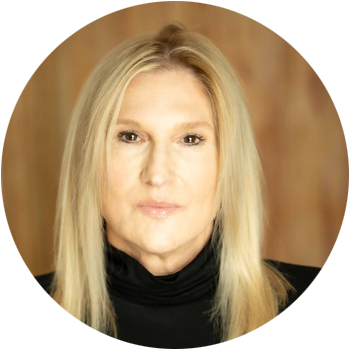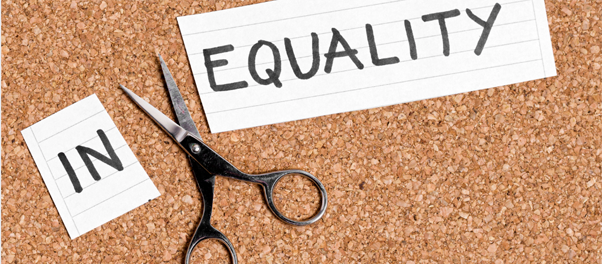Mindfulness for Blame
Good Morning!
Today’s practice focuses on our tendency to get caught up in blame. It is a natural human tendency to want to find someone to blame when our goals are blocked, when we are misunderstood, or when someone accuses us of something. Right now, there is a lot to be upset about. Blaming is understandable. But, blame is tricky because it makes us feel justified, correct, and it validates our position exactly as is. It makes us feel better in the moment, but does not help us in the long run. Blame adds no new information. Most likely, blame alone will not fix the problem.
In the early days of the AIDS movement, people were angry at the government for ignoring the catastrophic public health crisis. They blamed the CDC for failing to fund research on the issue because of attitudes about the people who were most likely to develop AIDS at that time-gay men and IV drug users. ACT UP was a group that staged dramatic protests, including throwing blood on computers, that got people’s attention. David France, a historian of the movement, said that in the beginning, “the actions [of ACT UP] had the air of purposeless anger,” and that changed when ACT UP began to deploy its anger strategically. They are credited with demanding and spawning research that transformed AIDS from a death sentence into a manageable condition.
When something goes wrong in an organization, we often rush to blame a person, rather than investigating the culture or processes present that foster bad actors and perpetuate mistakes. When something goes wrong in our relationships we can blame others, but this alone will not change them. I once worked with someone who said, “my parents mistreated me and each other and it’s their fault I have problems and that I have no one in my life.” It was true that her parents contributed to her relationship problems, but it was also true that if she wanted to be connected to others, she had to go beyond blame and make a plan to change things she needed to in order to get the kind of relationship she wanted.
Today’s practice helps us to transform blaming into effectiveness.
Begin by sitting upright with your feel on the floor. Breathe in deeply. By now, maybe when you breathe in, some of the practice you have been doing is noticeable. The more you practice, the more this first breath to get ready feels familiar. You can feel yourself settling, becoming more alert to your practice.
Call to mind someone or something that makes you angry. Notice the urge or action of blaming. Now click the 5 minute timer
After the bell, read the following quote from Buddhist Teacher, Phap Dung,
“We see the mind like a house, so if your house is on fire, you need to take care of the fire, not to go look for the person that made the fire. Take care of those emotions first; it’s the priority. Because anything that comes from a place of fear and anxiety and anger will only make the fire worse. Come back and find a place of calm and peace to cool the flame of emotion down.” Phap Dung
Wait one minute… Then read:
Breathe in deeply, attending to the emotions you feel about the problem. When you feel yourself blaming and judging, try to observe and describe the situation. Continue to breathe in and out deeply, gently exploring the situation with care and without judgment. Feel your breath transforming emotions associated with simple blame into deeper thoughts about the situation. What can you change? How might you change it? What is not possible to change in this moment? What can you do to accept what you can’t change? Continue breathing and allowing thoughts and feelings to arise. End the practice after the bell.
Throughout the day, see if you can notice any time you find yourself blaming. When you do, take a deep breath, and explore deeper…Breathe and resist urges to act impulsively. Breathe and assess what is the most effective course of action. Then go out and change the world, or at least your world…
Wishing you moments of peace and clarity today.
Michele
























